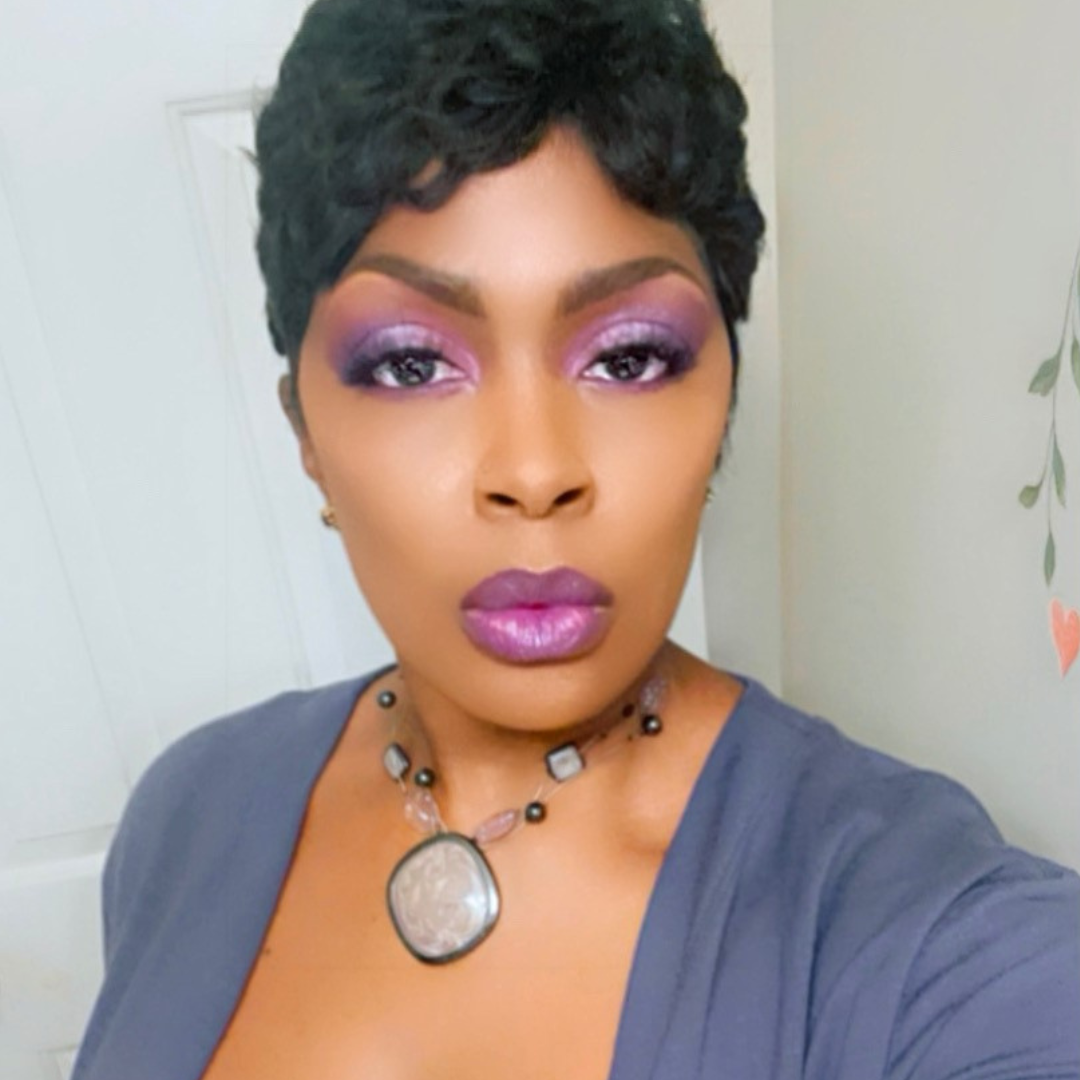Providing Answers, Support and Hope in Georgia
Thirty-One Faces of Hope: Lekisha Hill
The lupus community includes people living with lupus, friends, family and supporters across Georgia. For Lupus Awareness Month, we would like to highlight some of our lupus heroes and champions.
Meet Lekisha Hill

I am so excited to share my story!
I was diagnosed with SLE April, 2009. Early on I had symptoms, that I now know were related to the disease, such as hair loss, and proteinuria. I woke up the Monday after Easter weekend with joint swelling, swelling in my face, 30 pounds of abdominal fluid (ascites). When I arrived to work that morning ( I worked at an internal medicine practice) the doctors called an ambulance and told me my kidneys were shutting down. After an extensive hospital stay and a kidney biopsy, I was officially diagnosed with lupus nephritis.
My Nephrologist decided to go with an aggressive form of treatment to put this disease in remission. I underwent chemotherapy for two years. During that time I struggled with chronic pain, fatigue, butterfly rash, brain fog/confusion and dental decay, arthritis. When I overcame the depression phase, I began to educate myself on the disease and learned of ways to prevent flares and unnecessary hospitalization.
I am currently in remission but I still struggle with minor symptoms associated with the disease and I still have to live with the damage to my kidneys. If I could give a message to anyone newly diagnosed it would be sit down with your family or support team to discuss your options, educate yourself on the disease and then fight like hell.
Thank You to Our Generous Sponsor

Choosing to prioritize your kidney health might be uncomfortable, but the reality is that up to 30% of people who live with lupus nephritis may experience kidney failure, which can lead to dialysis or even a kidney transplant. Luckily, there are steps you can take now that may help, such as scheduling routine tests and asking your doctor about treatment options. Talk to your doctor to learn more about routine testing and treatment.
Learn more about their GET UNCOMFORTABLE campaign.



